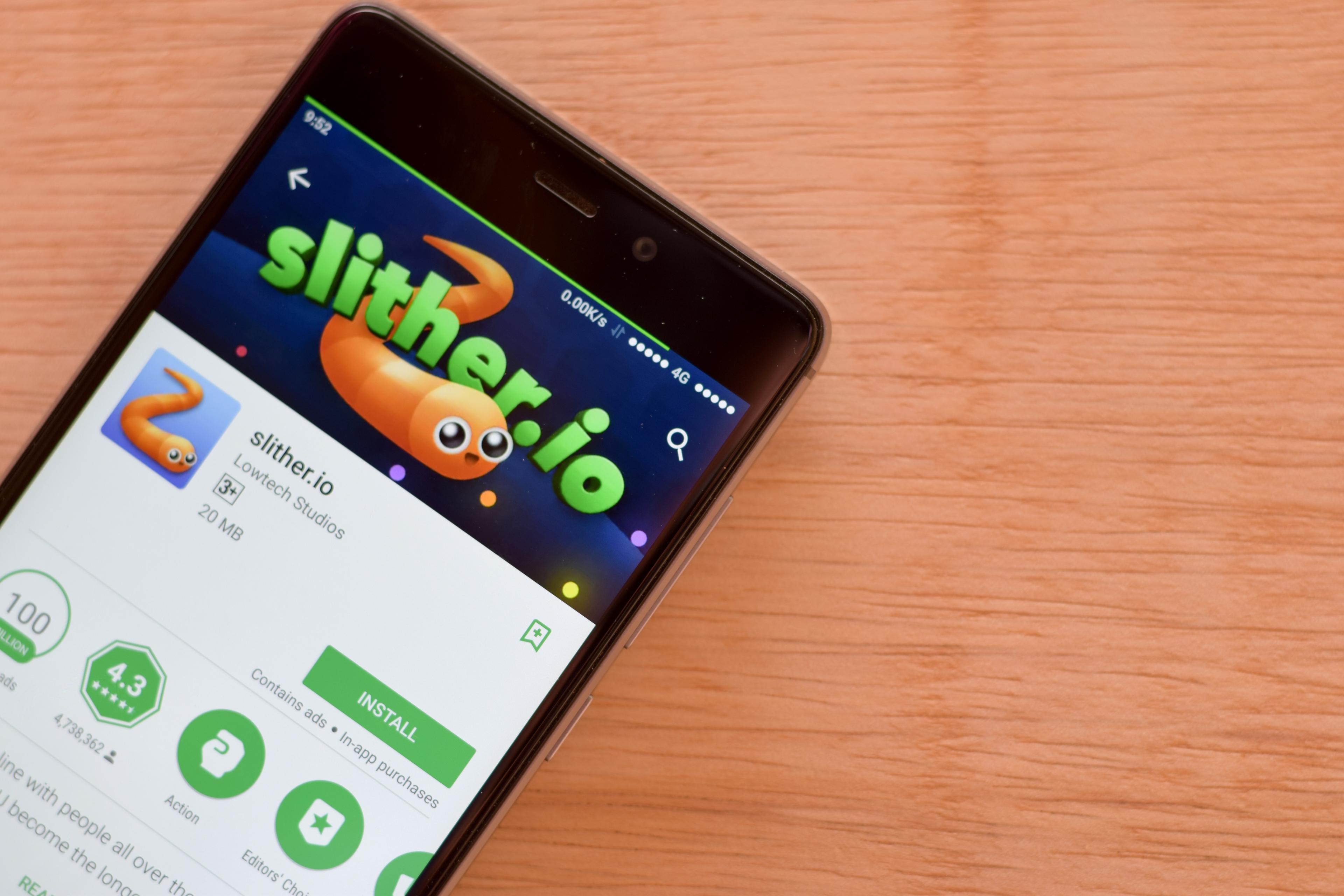Teen fights bigotry
Popular Kids' Game Slither.io was under fire for Antisemitic usernames – Here's what changed
In a gaming landscape where children as young as ten encounter unchecked bigotry, Corman's reporting demonstrates how persistent journalism, even from young voices, can drive meaningful change in digital spaces.

A simple online game played by millions of children has become a platform for hate speech, with players freely using antisemitic and racist usernames without restriction.
Slither.io, downloaded over 500 million times and marketed to children as young as 10, allows players to compete as snake-like characters. However, the game's lack of username moderation has led to an increasing presence of offensive and antisemitic usernames.
"I play lots of games, and seeing people write these things without caring how it affects Jews is disgusting," says Bailey, a 10-year-old player from Southern California, whose name has been changed for safety concerns amid rising antisemitism.
The Anti-Defamation League reports that one in 10 teen gamers encountered online hate speech in 2022, with the situation worsening since then. Despite a 2021 petition to Slither.io's creator Steven Howse highlighting concerns about racist and bullying language, no changes were implemented.
Gaming ethics experts say the responsibility lies with private companies to address hate speech. "Allowing this behavior harms not only targeted players but anyone who encounters it," says Brian Green, Technology Ethics director at Santa Clara University.
The issue reflects a broader problem in online gaming. The ADL recently reported that "many game companies are failing even the most basic moderation efforts" by allowing explicitly hateful usernames.
James Corman, writing as part of JTA's Teen Journalism Fellowship, had stopped playing the beloved multiplayer game with his cousins after encountering usernames like "Jewish scums" and "Zionist Murderers." His initial investigation into the issue met with silence from the platform, despite multiple attempts to contact the company.
However, ten months after his first inquiry, Slither.io creator Steven Howse unexpectedly responded, acknowledging the problem and detailing his solution. "I fixed the glitch that enabled this extension to work, so it is much harder for anyone to determine if they are being censored anymore," Howse wrote to Corman. He confirmed that the offensive names mentioned in the original article had been blocked, along with various permutations.
The impact was immediate. When testing the new system, Corman found that attempting to use antisemitic usernames now results in automatic moderation - for instance, "Beheading Baby Jews :)" appears to other players as "Defending Baby Jews."
For Corman's 11-year-old cousin Bailey Taylor (identified by her middle name due to safety concerns amid rising antisemitism), the changes mean a return to a cherished family activity. "I'm really happy about the changes because it makes it a safer environment for me to be playing," Taylor said. "I don't have to worry about the things that I see."
However, Daniel Kelley from the Anti-Defamation League's Center for Technology and Society warns that content moderation requires constant vigilance. His own testing revealed that while some antisemitic usernames are now blocked, others using coded language like "holohoax88" - a term used by Holocaust deniers - still slip through.
The story reflects broader challenges in moderating online spaces, where hate speech often evolves faster than filtering systems. Despite the platform's response, experts emphasize that protecting users from antisemitism and other forms of hate requires ongoing commitment rather than one-time solutions.
JTA contributed to this article.